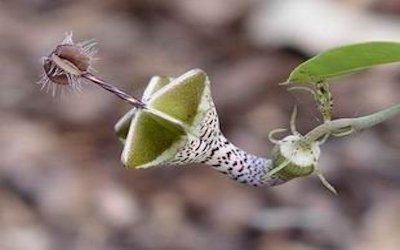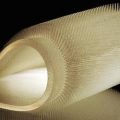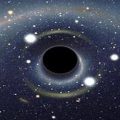PTE考生目前最大的问题之一就是练习题缺乏。除了有限的基本官方书(PLUS,Testbuilder, OG)之外
就没有题了。很多英语基础不是很扎实的同学很难找到练习材料。悉尼文波雅思PTE培训学校专门为澳洲,尤其是悉尼、墨尔本的PTE考生准备了适合PTE听力阅读练习的科学60秒。各位PTE同学可以练习PTE听力中的summarise spoken text和PTE口语中的retell lecture,PTE听力口语-科学60秒-Frosty Moss练习记笔记技巧和复述。废话少说,下面开始:
听力内容:
60秒科学节目(SSS)是科学美国人网站的一套广播栏目,英文名称:Scientific American – 60 Second Science,节目内容以科学报道为主,节目仅一分钟的时间,主要对当今的科学技术新发展作以简明、通俗的介绍,对于科学的发展如何影响人们的生活环境、健康状况及科学技术,提供了大量简明易懂的阐释。
This is Scientific American — 60-Second Science. I’m Christopher Intagliata.
Honeybee stings are painful. But they’re also… fragrant. “If a beekeeper gets stung by bees, it smells like banana.” Dr. Stefan Dötterl, a plant ecologist at the University of Salzburg in Austria.
That banana scent, he says, is a compound called isoamyl acetate — also known as banana oil. It’s one of many compounds produced when a bee stings — a mix of alarm pheromones that let the hive know that another bee’s in danger.
But that chemical cocktail doesn’t just attract other bees. It also draws tiny flies known as kleptoparasites, “or so-called ‘food stealers’.” The flies feed on the drippings of bees being devoured by spiders. And they sense the bees’ chemical calls for help as a dinner bell.
Turns out, though, it’s not the flies… but a flower that has the last word in this tale of trickery. Because researchers have now discovered that the flowers of a South African plant — called the parachute plant — produce nearly three dozen of the 90-some compounds in that honeybee alarm call. Meaning they mimic the scent of a honeybee in danger — to lure in and temporarily trap the flies, as a pollination ploy. The findings are in the journal Current Biology.
The plant of course isn’t aware of this bait-and-switch. “It’s just by chance that this plant produced these compounds and attracted these small flies as pollinators. And thus by time, it was possible to refine these plants, and to add another and another compound to finally get such a nice cocktail.” A cocktail, though, that won’t be followed by a meal.
Thanks for listening for Scientific American — 60-Second Science Science. I’m Christopher Intagliata.
墨尔本悉尼文波PTE原创首发
更多精彩请持续关注微信wenbo_tv2。





